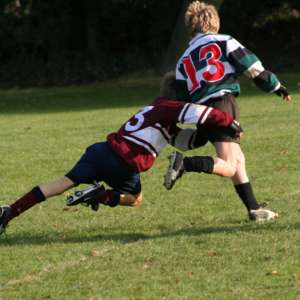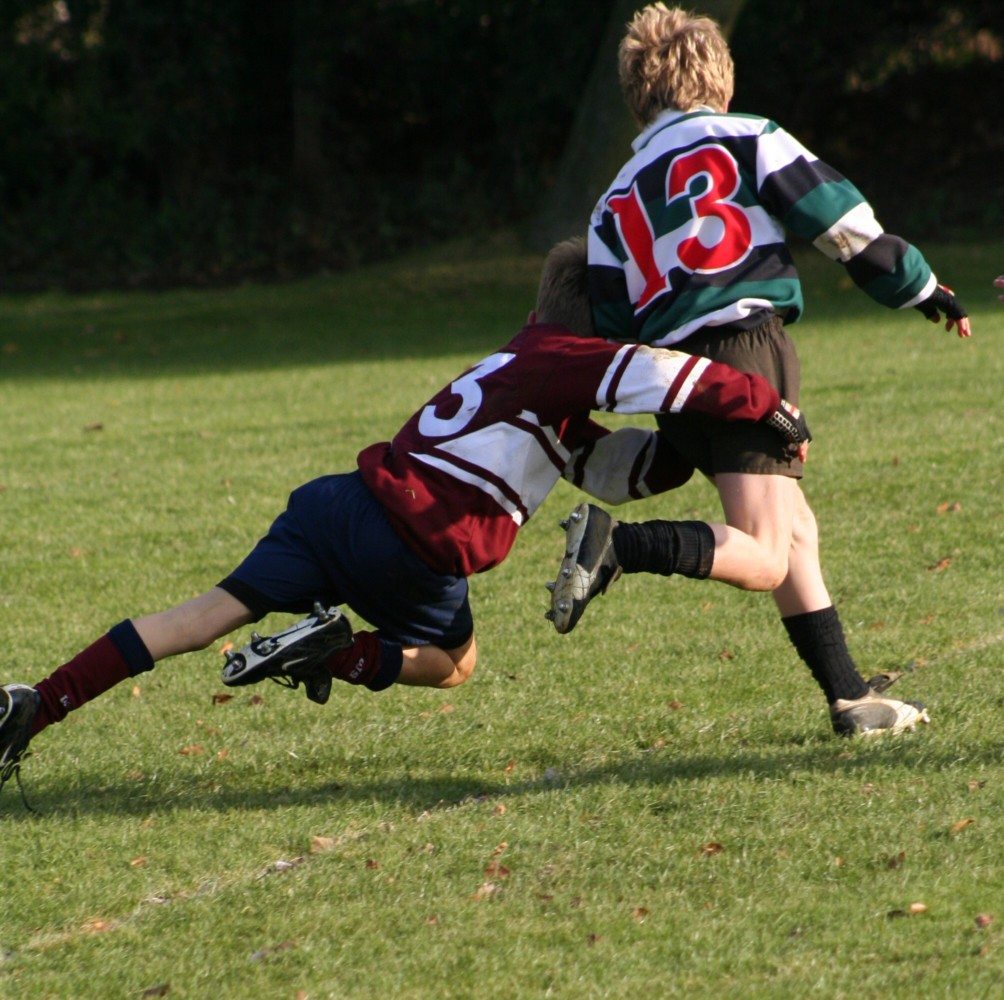 Trinity College Academic Sabina Brennan today, (2nd March 2016), has called on Minister Paschal Donohue TD and his secretariat at Transport, Tourism and Sport to fulfil its duty to ensure the safety of rugby in order to prevent brain injury and concussion in children.
Trinity College Academic Sabina Brennan today, (2nd March 2016), has called on Minister Paschal Donohue TD and his secretariat at Transport, Tourism and Sport to fulfil its duty to ensure the safety of rugby in order to prevent brain injury and concussion in children.
This statement arises from today’s publication of an open letter by 70 doctors and academics calling for the banning on rugby tackling in school games. A link has been found between repeat concussions and cognitive impairment and an association with memory loss, diminished verbal abilities and depression. Sabina calls on the Minister for Transport, Tourism and Sport to show leadership and bring together medical professionals to examine the true impact of these type of brain injuries.
Having already secured millions of euro in funding for brain health awareness, Sabina reacted to the report by saying: “The human brain is constantly changing, your behaviours and experiences can help shape it at any age. Neuroplasticity (or brain adaptability) means that it is not set like concrete but is more like putty and can be reshaped throughout life. Constant collisions in rugby, particularly in the tackle and scrum, can cause injury including head injuries and these can have short-term, life-long and even life-ending consequences for children. It has been shown in studies, that months after concussion symptoms fade, the brain continues to show signs of injury and this can, of course, impair children’s abilities to concentrate and learn in school.”
The open letter also stated that children took longer to recover to normal levels on measures of memory, reaction speed and post-concussive symptoms.
Sabina continued: “ I am calling on our new Government to have this debate. We have no time to lose in acting on this issue, particularly as it concerns the health of our children and young adults. Under the UN Convention on the rights of the child, governments have a duty to protect children from risks of injury and our incoming Government must ensure the safety of rugby.”


